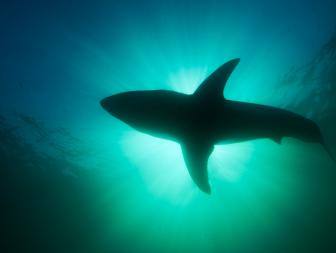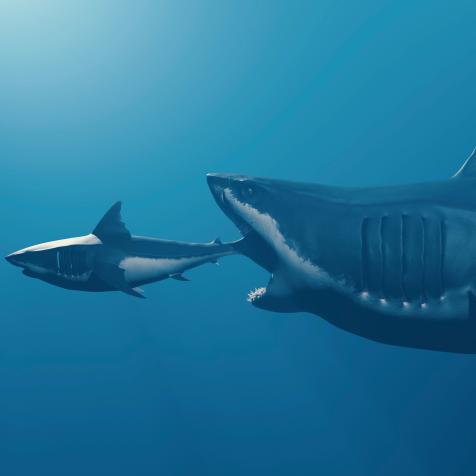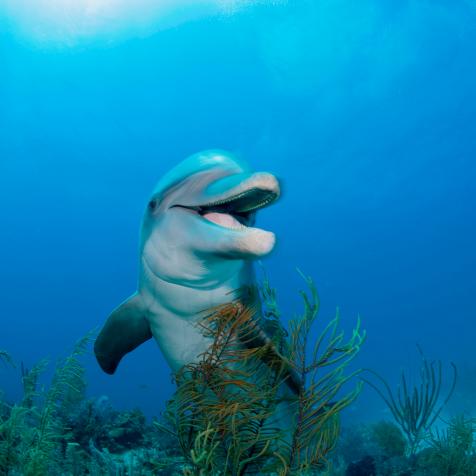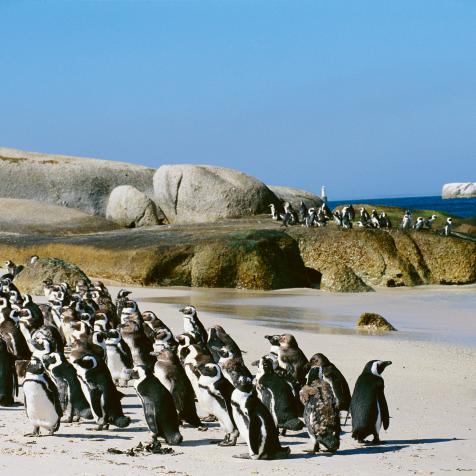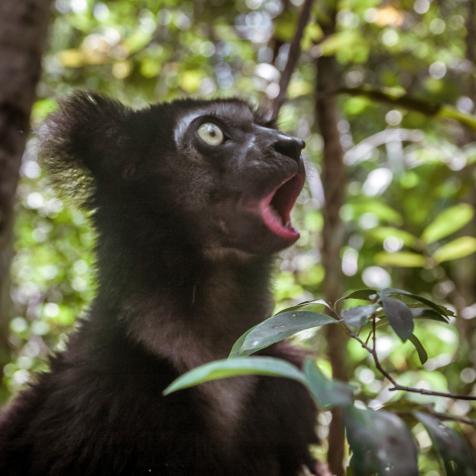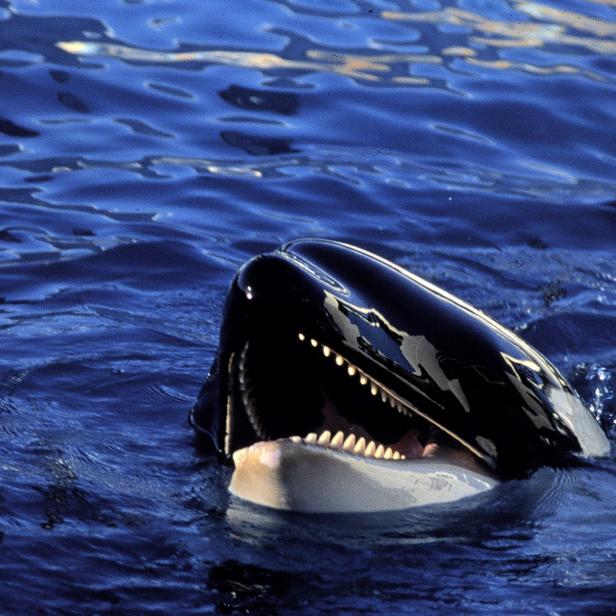
Credit: kpa/United Archives/Getty
Two Orcas Are Hunting Great White Sharks in South Africa
A killer whale duo has been killing great white sharks off the Gansbaai coast, causing them to flee the area. These orcas have developed a taste for shark livers, transforming the local marine ecosystem.
A 2022 scientific study published in the African Journal of Marine Science, has tracked the dwindling number of sharks in the region over the past 5 years, where eight great white sharks were found washed up on shores with wounds indicating an orca attack.

Credit: Eric Meola / Getty
The research suggests that sharks may use their ‘flight’ sense to prompt mass emigrations when a major ocean predator is near.
Gansbaai, 100 km east of Cape Town, was once a hotspot for this legendary shark species with travelers from across the world visiting to experience shark cage diving.
This decline of sharks as apex predators causes unprecedented consequences to the surrounding ocean ecosystem. Their absence has caused the emergence of bronze whaler sharks as the new mid-ranking predator in the ecosystem. The bronze whaler sharks are also being attacked by the duo of orcas, who are increasingly becoming skilled in hunting larger sharks. Without great white sharks to stabilize the cape fur seal population, the seals can over-consume the critically endangered African penguins.
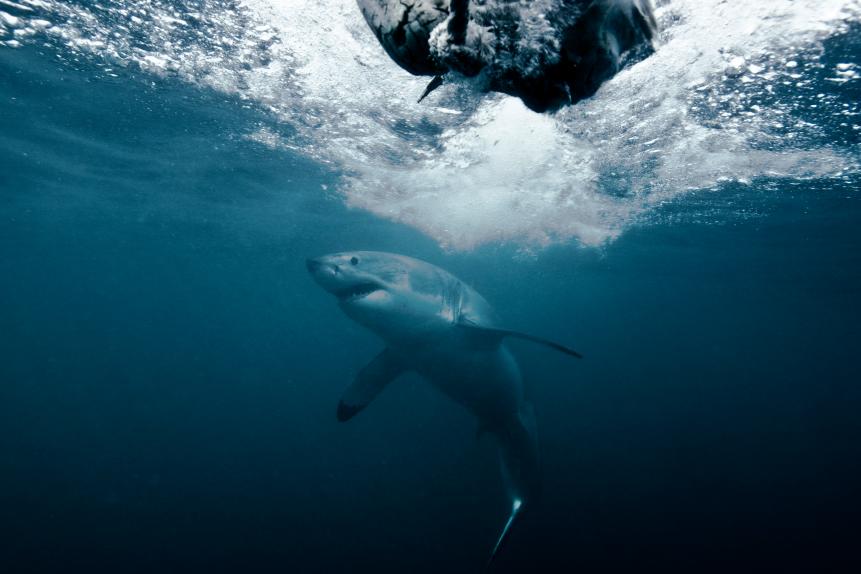
Credit: Atese / Getty
As it is unusual behavior for orcas, this particular pair may be members of a rare shark-eating morphotype. However, with declining numbers from over-fishing and changing sea surface temperature, more studies are needed to understand how sharks maintain the delicate ecological balance for all members in these coastal habitats.









